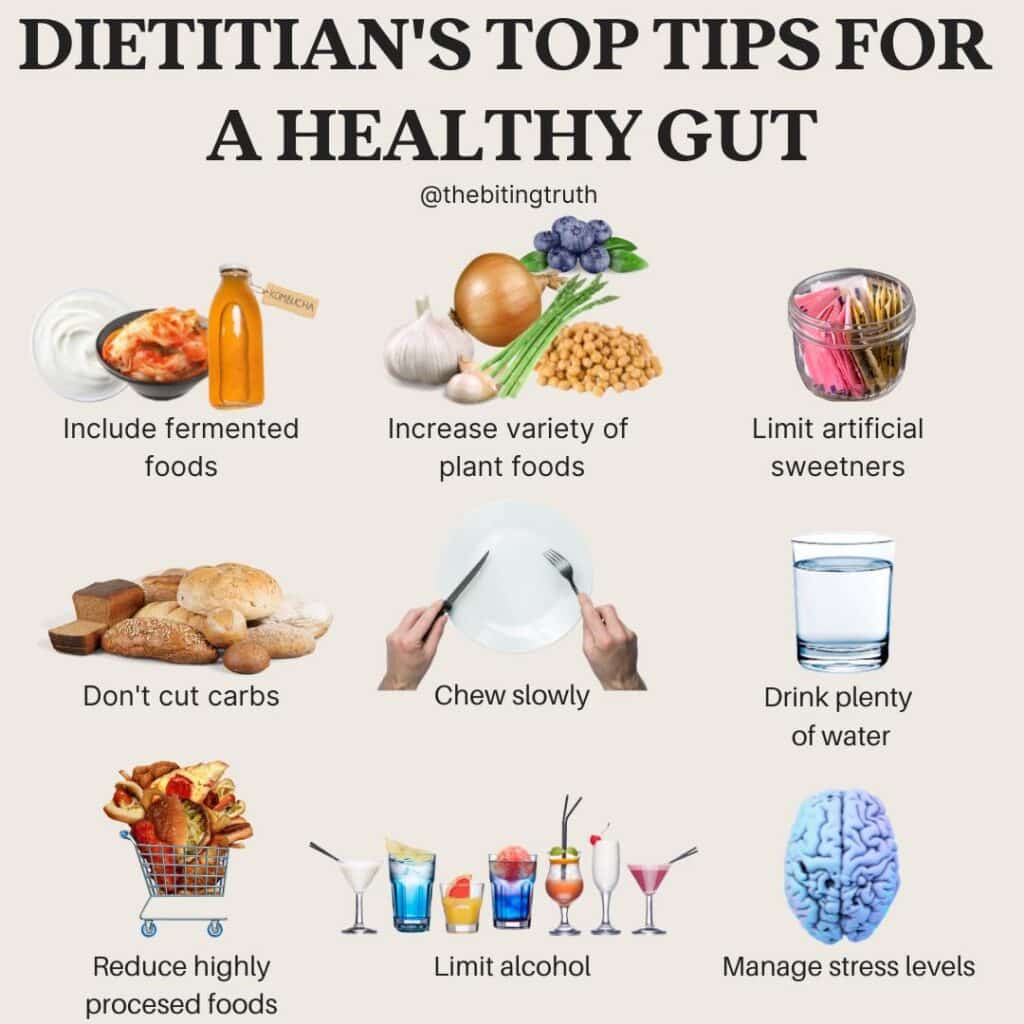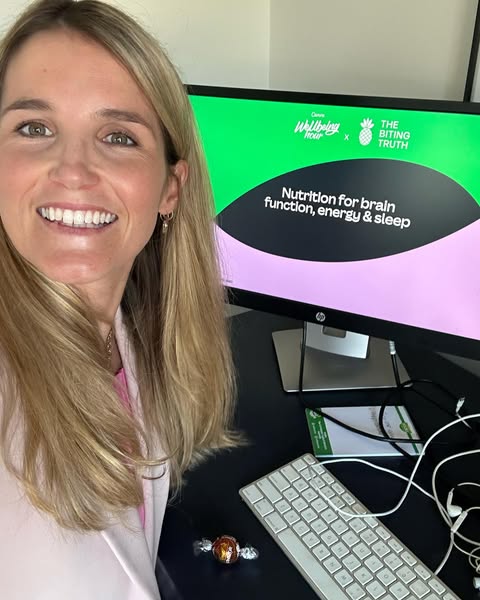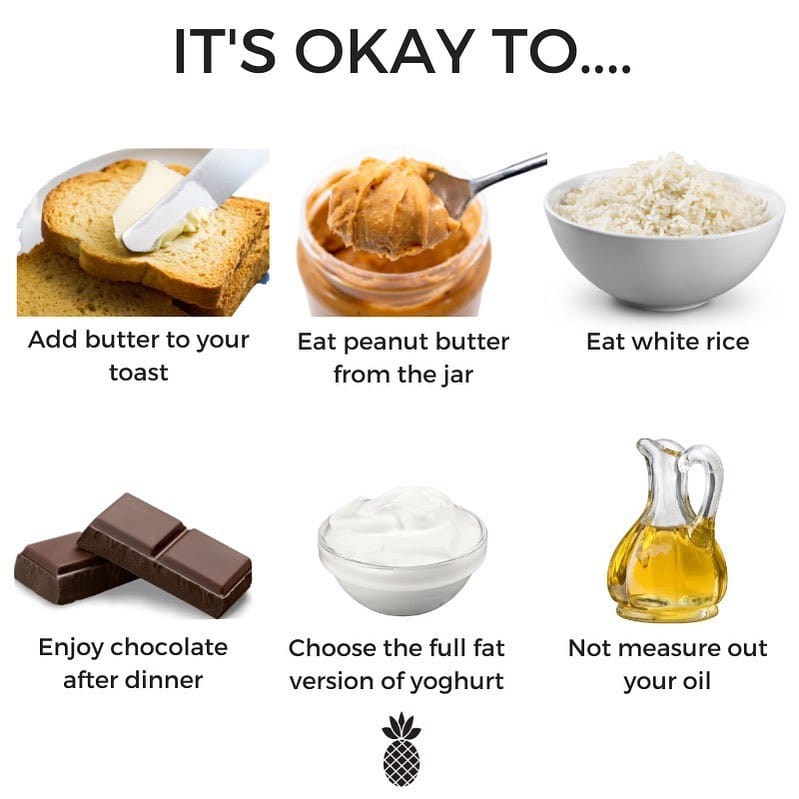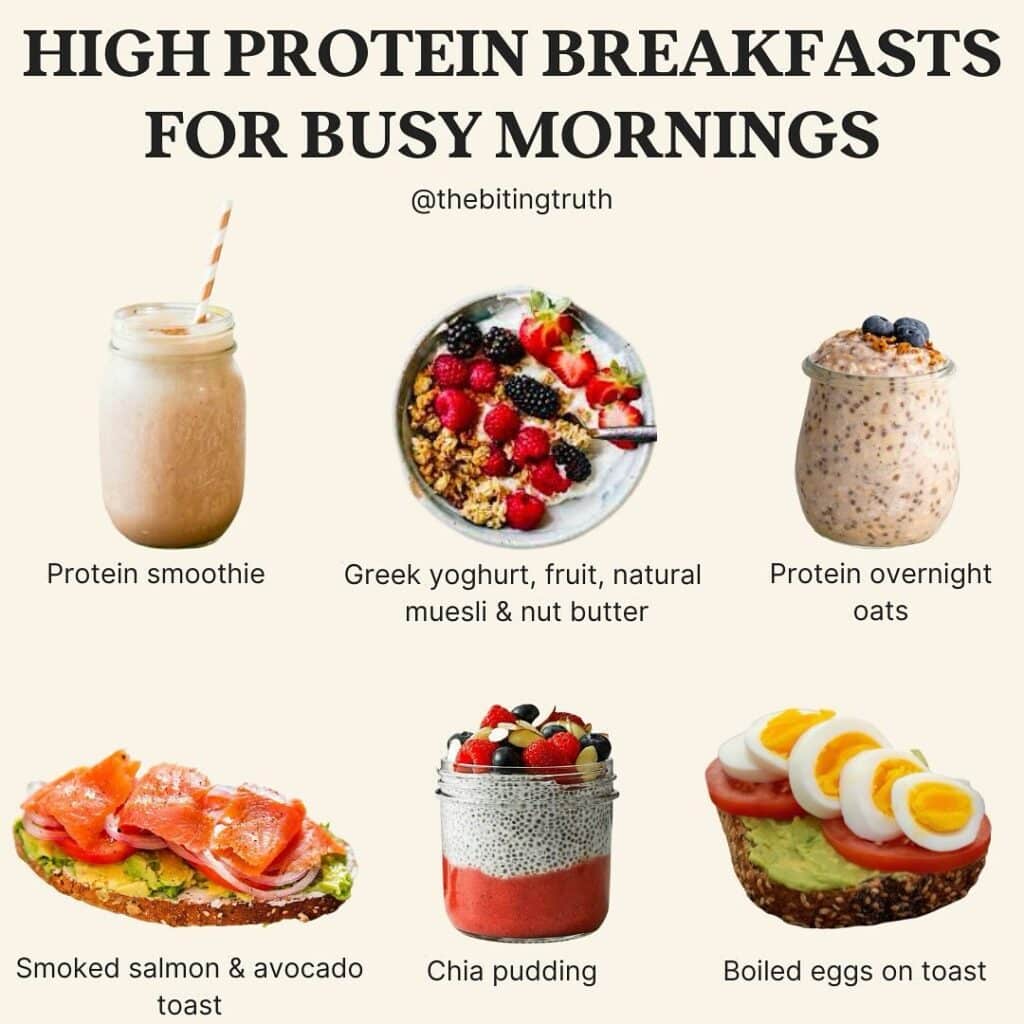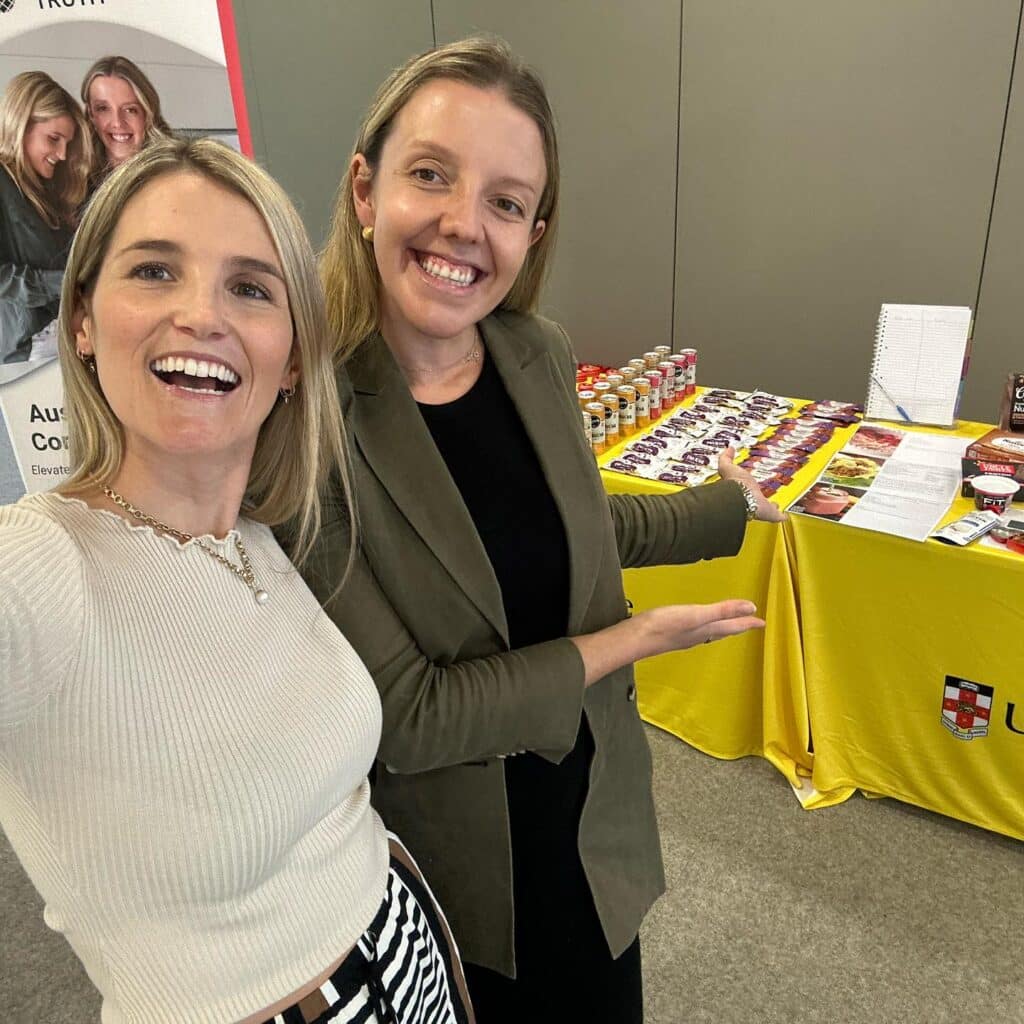A well-rounded Flexitarian Diet can be super healthy and nutritious. However, when making any dietary change, it’s important to be aware of how it will impact your day-to-day nutritional intake.
Although on a Flexitarian diet you are still consuming animal products, here are 6 nutrients you should pay particular attention to when transitioning to a Flexitarian Diet.
You might be concerned about getting enough protein on a Flexitarian or Vegetarian Diet. While this is a valid concern, the truth is that you can easily meet your protein requirements as long as you do a little planning.
When cooking vegetarian meals, it is important to ensure there is a high quality vegetarian protein source in the dish. To make things as easy as possible for you, we’ve ensured all of the meals in the Flexitarian Cookbook are high in protein.
Vegetarian protein sources:
Iron is a mineral that is essential for normal bodily functioning. It plays an important role in oxygen transport from the lungs to our tissues and without it we can feel fatigued and lack concentration.
Vegetarians may have lower iron levels as the iron from plant foods is not as well absorbed as the iron from animal foods. However, since the Flexitarian Diet doesn’t eliminate animal foods entirely, iron can still be obtained from animal foods.
Plant sources of iron include:
Here are some tips for increasing absorption of iron from both plant and animal sources include:
Vitamin B12 supports the body’s nerve and blood cells and helps prevent anaemia. Our bodies receive the important vitamin B12 from animal foods in our diet.
Plant foods don’t contain vitamin B12, so vegetarians and vegans may need to supplement. However, it is unlikely you will be deficient in vitamin B12 on a Flexitarian Diet as animal products are still included (including eggs, milk and other dairy products), therefore supplementation is not likely to be necessary.
Omega-3 is a type of polyunsaturated fat that plays a role in a number of aspects of health including heart health, brain health and eye health! Our bodies are capable of making a number of fats themselves, however, Omega 3 Fatty acids cannot be produced by the body and therefore we rely on our diet for these.
Marine sources of omega 3 Fatty acids provide the most health benefits. They’re found most abundantly in fatty fish (e.g. salmon), which is why we recommend including fish in your diet at least twice a week on a Flexitarian Diet.
Plant sources of omega-3 include:
Calcium, as we all know, is important for strong teeth and bones! Less widely known is that calcium also plays an important role in the health and functioning of nerves and muscles. Without adequate calcium we increase our risk of developing osteoporosis (brittle bones) later in life.
Calcium is most commonly found in dairy products, but there are plant-based sources for those who wish to reduce their dairy consumption.
Plant sources of calcium include:
Zinc is an essential mineral found in all body tissues and fluids, that plays a role in immune function, protein synthesis and wound healing. It’s particularly important during times of growth such as pregnancy, childhood and adolescence. Being a key mineral found in tissues and fluid, zinc is mainly found in animal products (meat, dairy, eggs).
Plant sources of zinc include:
Vegans and vegetarians may have lower zinc levels as plant based sources also contain compounds that inhibit zinc absorption. However as dairy, eggs and small amounts of meat are still included on a Flexitarian Diet, zinc can be easily obtained.
—
Notes
